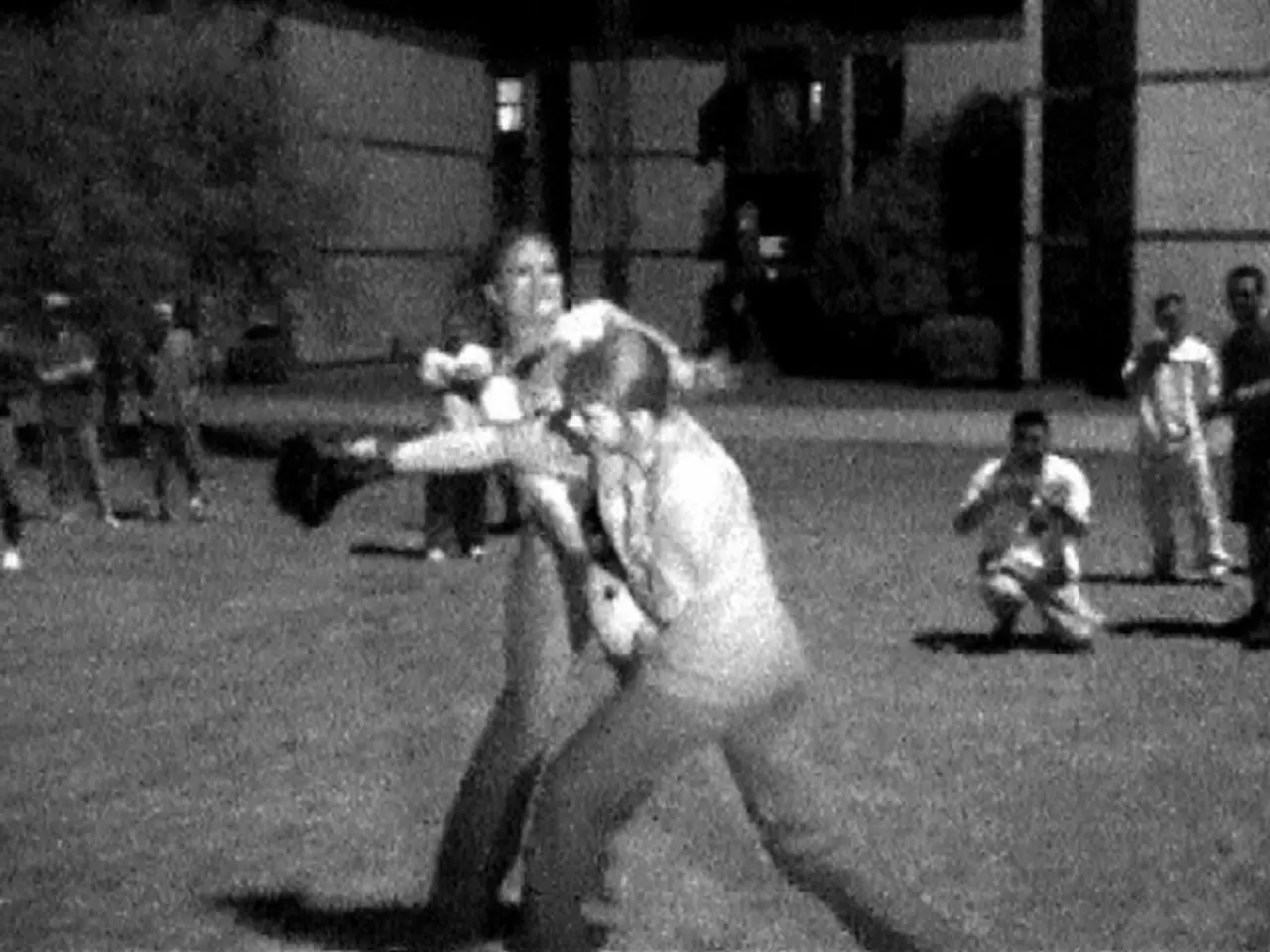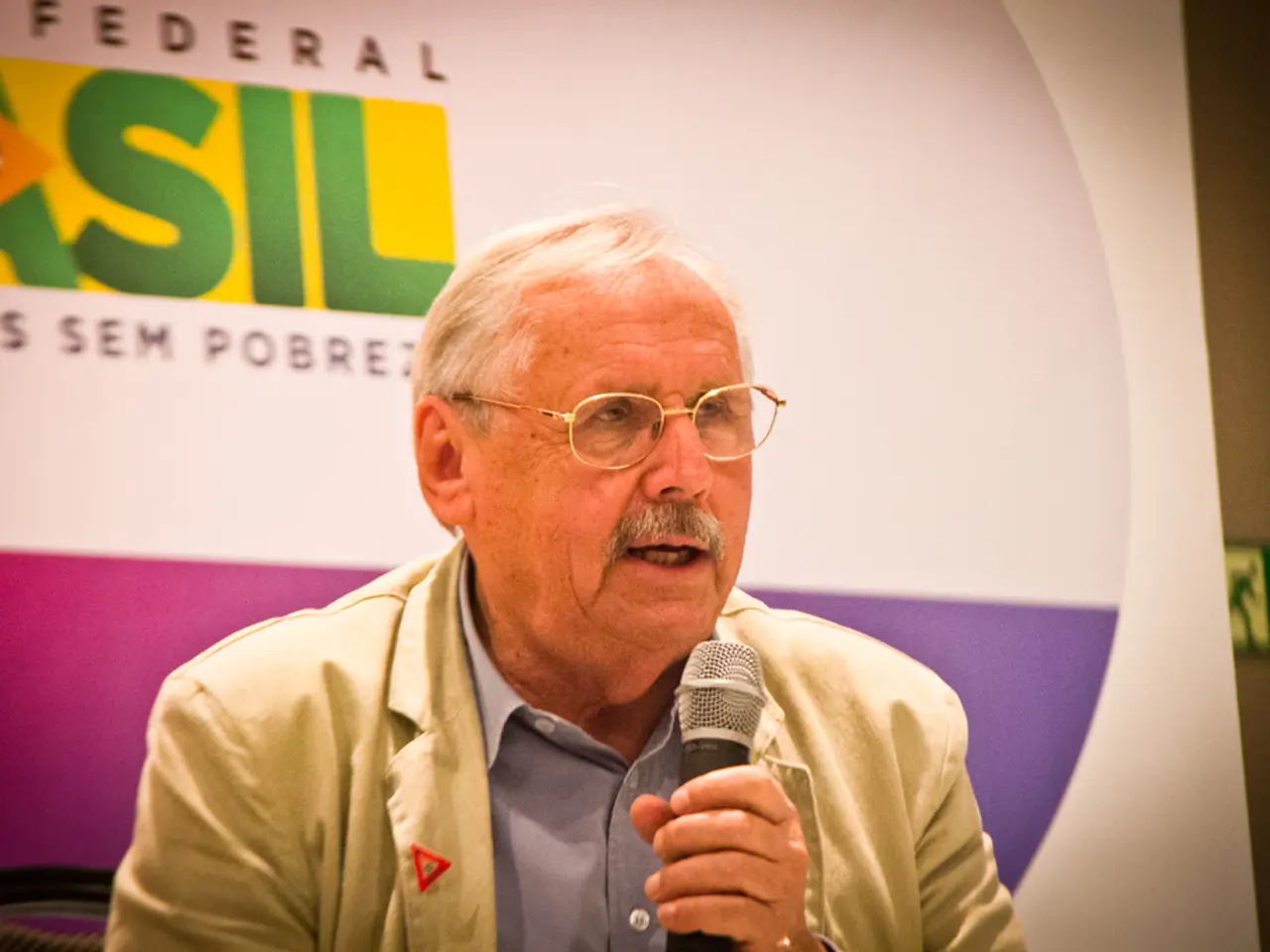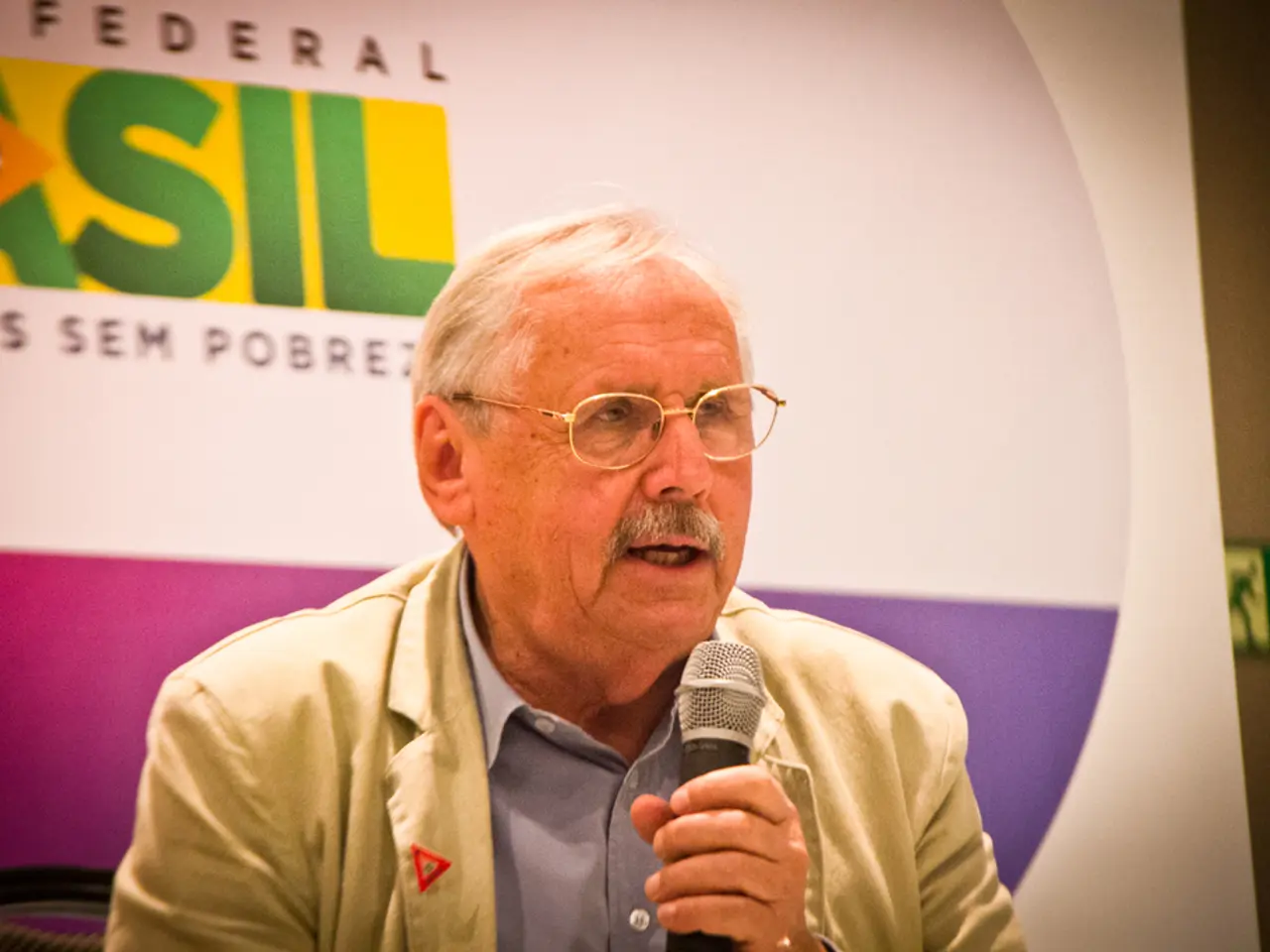Significant Occurrences Happening on July 4th: A Retrospect
On July 4, a day celebrated as Independence Day in the United States, many notable events have transpired throughout history. Here are ten significant events that have shaped the course of history:
1. **1776: Declaration of Independence Adopted** - On July 4, 1776, the Second Continental Congress adopted the Declaration of Independence, formally declaring the 13 American colonies' independence from Great Britain and establishing the United States of America [1][3][4].
2. **1802: West Point Opens** - The United States Military Academy at West Point, New York, began operations on July 4, 1802, marking a significant milestone in American military education [1].
3. **1817: Construction of the Erie Canal Begins** - The construction of the Erie Canal, a major waterway connecting the Great Lakes to the Atlantic Ocean via the Hudson River, started on July 4, 1817 [1].
4. **1826: Two U.S. Presidents Die** - On July 4, 1826, both Thomas Jefferson and John Adams, two of America's founding fathers and its second and third presidents, respectively, died on the same day, exactly 50 years after the adoption of the Declaration of Independence [2].
5. **1831: James Monroe Dies** - James Monroe, the fifth U.S. president, became the third U.S. president to die on July 4 when he passed away in 1831 [2].
6. **1863: Vicksburg Surrenders** - During the American Civil War, Confederate forces surrendered at Vicksburg, Mississippi, on July 4, 1863, marking a crucial Union victory.
7. **1865: Publication of "Alice's Adventures in Wonderland"** - Lewis Carroll's classic novel, "Alice's Adventures in Wonderland," was first published on July 4, 1865 [3].
8. **1946: Philippines Gains Independence** - The Philippines gained independence from the United States on July 4, 1946, after nearly four centuries of colonial rule by various powers [3].
9. **1966: Freedom of Information Act Signed** - The Freedom of Information Act was signed into law by President Lyndon B. Johnson on July 4, 1966, allowing for the disclosure of government information to the public [3].
10. **2012: Discovery of the Higgs Boson Announced** - On July 4, 2012, scientists at CERN announced the discovery of the Higgs boson, a fundamental particle in physics [3].
In addition to these historic events, notable figures such as Calvin Coolidge, the 30th president of the United States, were born on July 4, 1872, in rural Vermont. Marie Curie, a Polish-born scientist who won the Nobel Prize in Chemistry in 1911 for her discovery of radium, also died on July 4, 1934, from radiation-induced leukemia.
The B&O Railroad, the first train line in the United States to carry passengers and goods for a fee, began construction on July 4, 1828, and was the conduit for the first long-distance telegraphed message in 1844.
Unfortunately, not all events on July 4 have been positive. For instance, a pro-slavery group broke into abolitionist Arthur Tappan's home in New York City and looted it on July 4, 1834. A heat wave in the northeastern and midwestern parts of the United States, including on July 4, 1911, resulted in temperatures over 100°F (39.4°C) in several cities and caused at least 380 heat-related deaths. Riots broke out in Asbury Park, New Jersey, on July 4, 1970, resulting in 167 arrests, $4 million in damage, and 180 injuries.
Moreover, the Philippine-American War, which resulted in over 4,200 American deaths and over 20,000 Philippine deaths, ended on July 4, 1902, with the proclamation by President Theodore Roosevelt. A fire of unknown origin broke out in Ellensburg, Washington Territory on July 4, 1889, destroying a significant part of 10 city blocks and some 200 homes.
In 1884, France formally presented the Statue of Liberty to the United States on July 4. During the second phase of the Philippine-American War, which began immediately after the first phase ended, resembled guerrilla-style attacks and continued until the spring of 1902. Calvin Coolidge faced pushback when he opposed a bonus for soldiers of what is now known as World War I. A Soviet submarine, K-19, came close to a nuclear meltdown off the southeastern coast of Greenland on July 4, 1961.
- In the realm of entertainment, July 4, 1865, marked the publication of Lewis Carroll's enigmatic masterpiece, "Alice's Adventures in Wonderland."
- Meanwhile, the science industry experienced a bizarre incident on July 4, 1934, with the death of Marie Curie, a Nobel Prize laureate, due to radiation-induced leukemia.
- As for politics, Calvin Coolidge, the 30th president of the United States, was born on July 4, 1872, in a small town in Vermont, although his policies were often met with controversy.
- On the subject of technology, the B&O Railroad, the first train line in the United States, commenced construction on July 4, 1828, paving the way for long-distance transportation and communication.
- Amidst the general news, the Top 10 list of historical events would be incomplete without mentioning the 1961 incident involving a Soviet submarine, K-19, narrowly avoiding a nuclear meltdown off the coast of Greenland.








